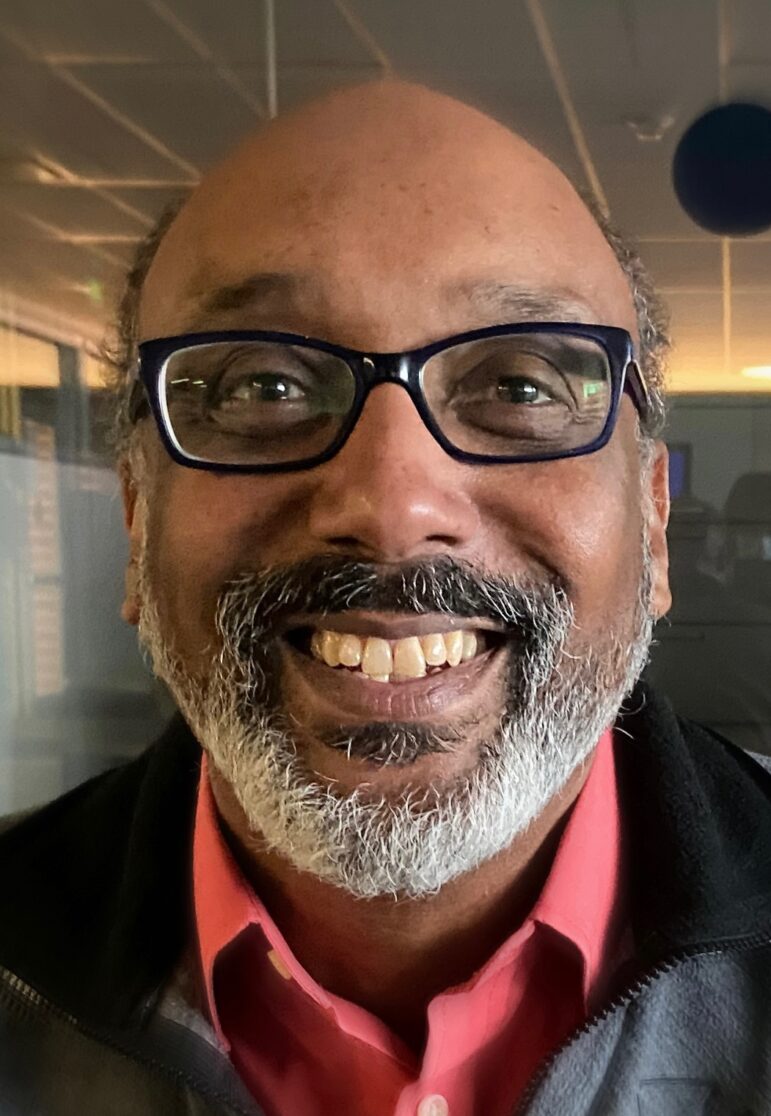In March 2021, a group of Mason community members banded together in response to the use of the controversial topics policy in the Mason School District. Creating The Equity Taskforce, the group hopes to educate the community about diversity, equity and inclusion topics.
Katelyne Thomas, a co-founder of The Equity Taskforce, resigned from Mason Public Schools after her proposal to teach Black Lives Matter at Schools curriculum during Black History Month was denied. After her resignation, a small group of community members led by Rhiannon Klein reached out to Thomas, and The Equity Taskforce was born.
The Taskforce has four executive committee members. Thomas said it has 200-300 members within the community and anywhere from 60 to 100 active members at events.
“Right now, we’re working a lot on just educating our community and taking a DEI focus on everything,” Thomas said.
In addition to the executive and general members, the taskforce has two consultants. One, Randy Watkins, is vice president of the Lansing NAACP branch. Watkins said he was surprised but excited when the taskforce reached out to him.

“This is an issue that the NAACP should be behind,” Watkins said. “Once I met with the co-founders, it just became really clear that I had to go back to the branch and get approval.”
The main issues The Equity Taskforce focuses on are school related.
“In terms of policy, we’re really focused on getting some type of documentation and tracking related to how often 2240 is being cited in schools,” Thomas said. “So some kind of transparency and reporting for district administration to the community.”
Policy 2240 is the Mason School District controversial topics policy that Thomas was reprimanded under before her resignation. Additionally, The Equity Taskforce plans to expand the issues it covers.
“They’re looking beyond the school, which I think is great,” Watkins said. “You start with ‘we want to fix this one problem’ and then you see how that problem is affecting the community. And I think they’ve done a real good job communicating what their hopes are, both to the school board and the members of the community.”
However, taskforce leaders say they have not received the full support of the community yet.
“I think we’re getting there,” Thomas said. “I think that the circumstances that we were founded under really caught a lot of members in the community off guard. Mason is no stranger to the news related to different racial incidents, so I wouldn’t say it was surprising, but it ruffled the small-town feathers.”
The group says it is struggling to connect with the school board.
“I would say there’s individual board members that we have been able to have really positive and productive conversations with,” Thomas said. “I think the board now is willing to listen to questions and feedback that The Equity Taskforce as an organization provides. But as a whole, I wouldn’t say the board is necessarily invested in partnering with the taskforce.”
School board trustee Michael Kelly said he has met with taskforce leaders, but that the board has not officially sat down with the taskforce. He said the board mainly interacts with the group through public comment at meetings. Kelly said the district is still trying to work out its relationship in regard to the taskforce.
To gain support, the taskforce has been hosting various events since its founding in March. Kelly Hannon, an executive committee member, said, “We want to show the community that we’re part of this community, that we’re excited and happy to be Mason parents, Mason community members.”
Hannon joined The Equity Taskforce after hearing about Thomas’ story through the news. Her children will enter the Mason School District next fall, so she saw the taskforce as a way to get involved and ensure her children’s education experience was inclusive.
The Equity Taskforce is seeking nonprofit status. The executive committee meets twice a month. They are also seeking volunteers. Those interested in getting involved should go to its website or Facebook page, or reach out directly to a committee member.
“I think that one voice is not gonna be heard, so it’s really important that the taskforce, as a group, is able to come together and continue to gain membership and support in the community,” Thomas said. “I think the more we educate the community, the more people are going to open their minds to actually implementing change that needs to happen.”